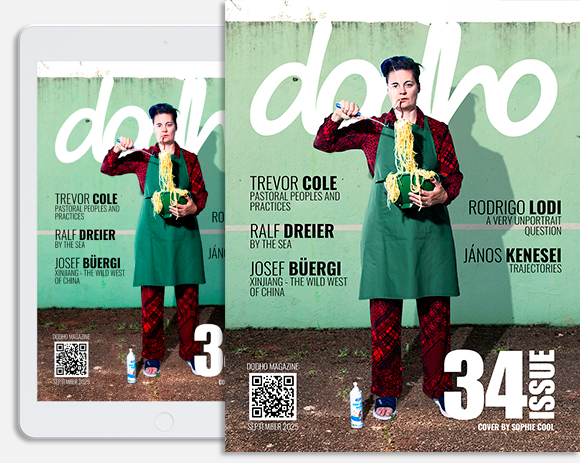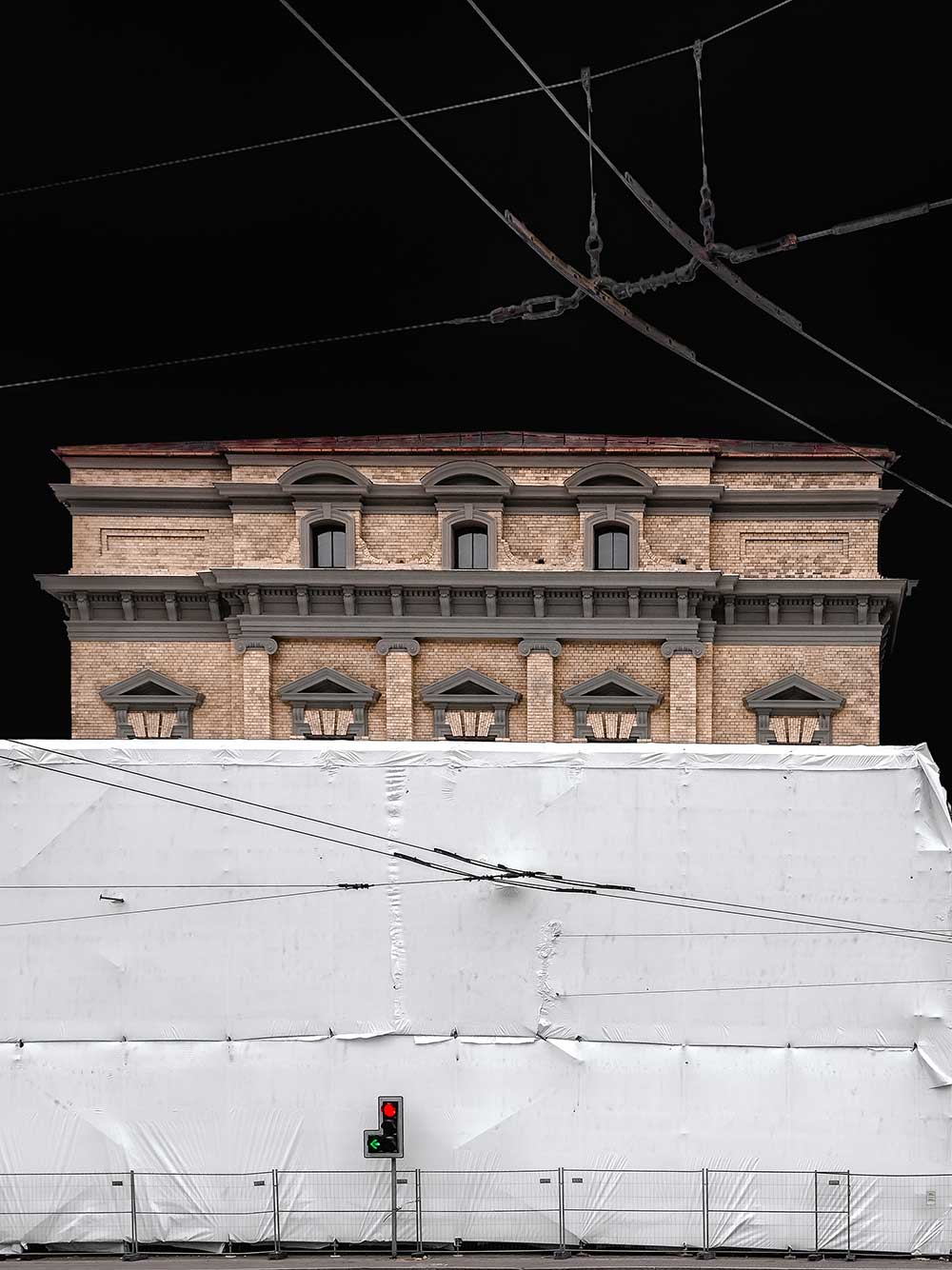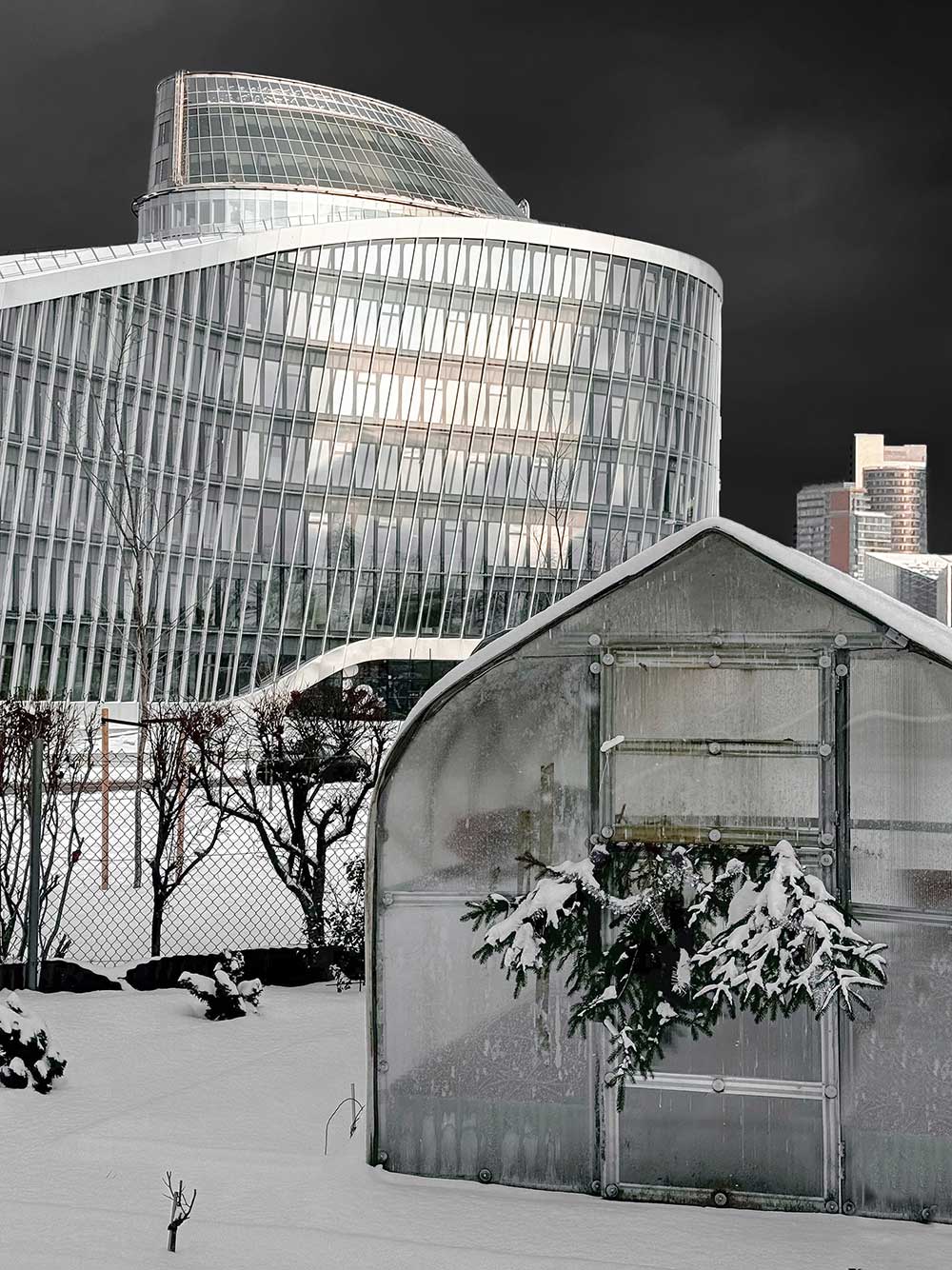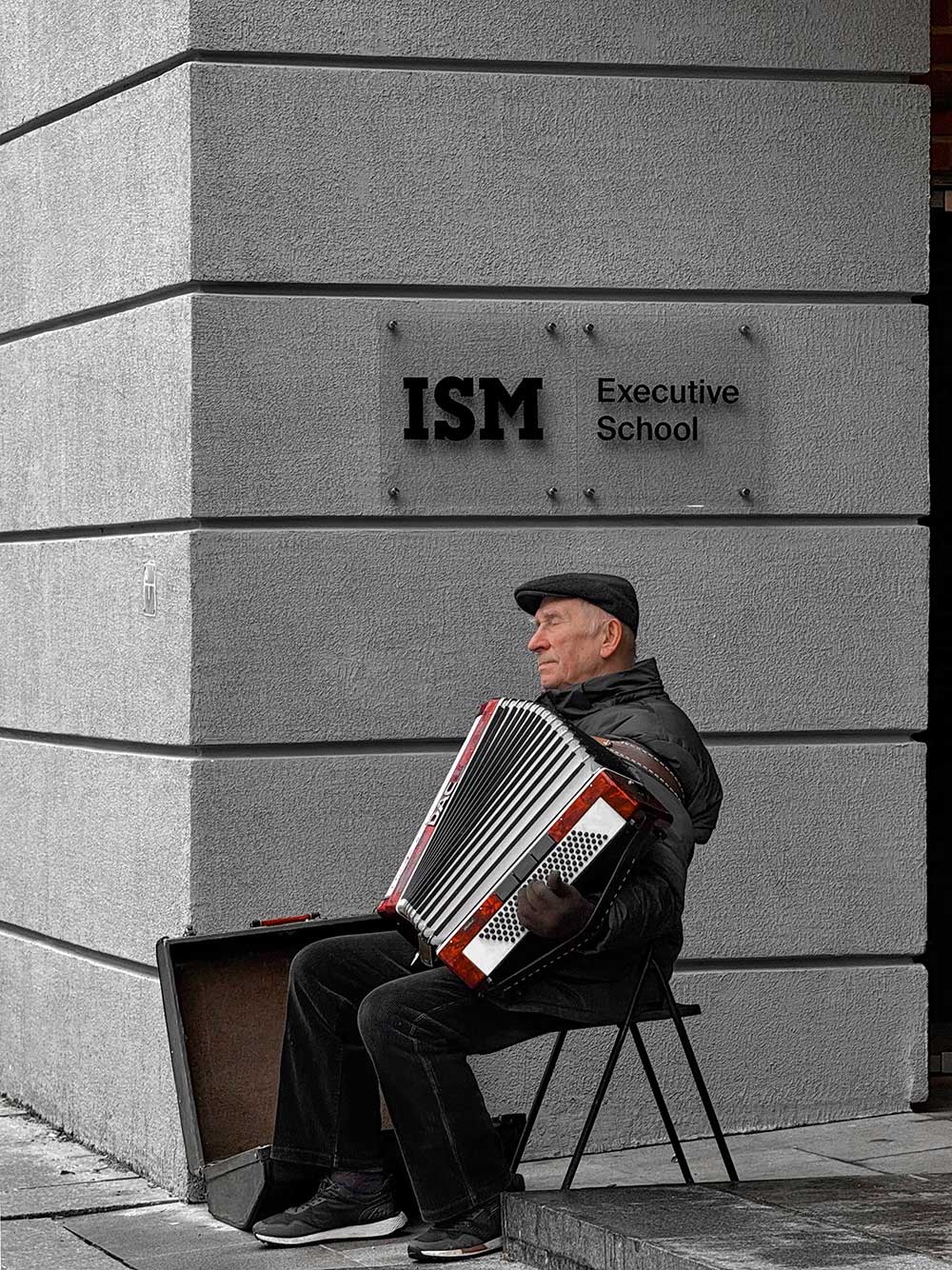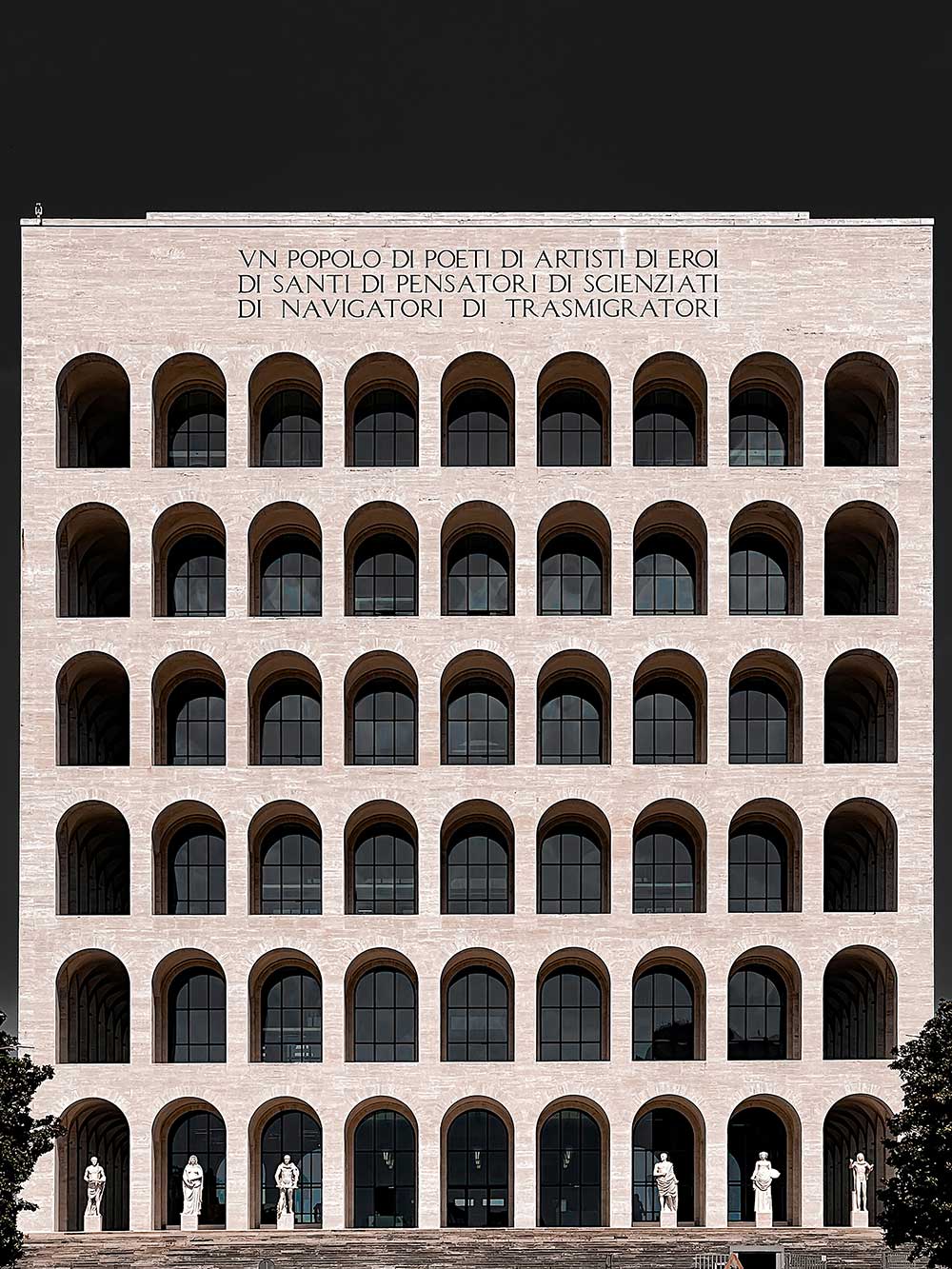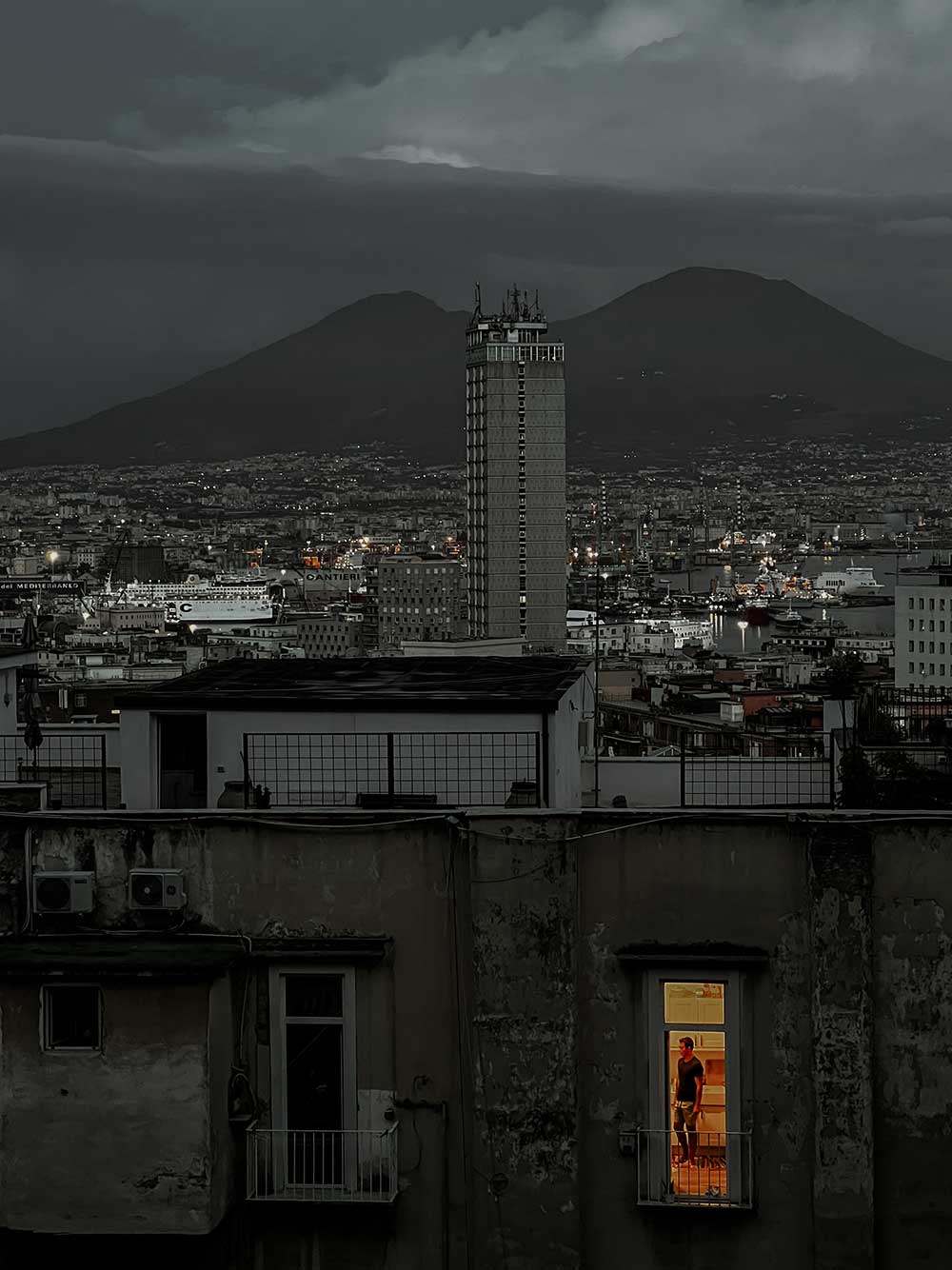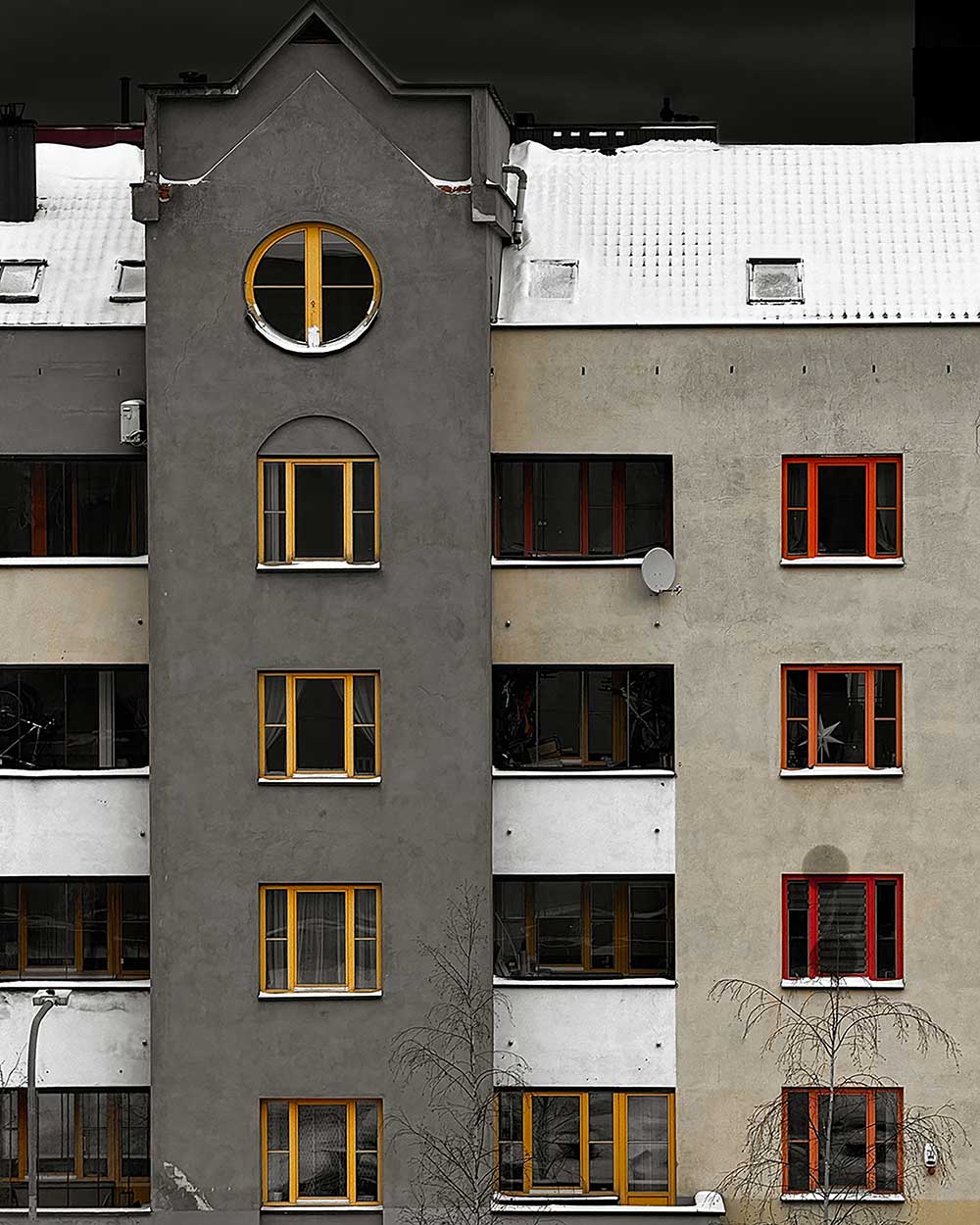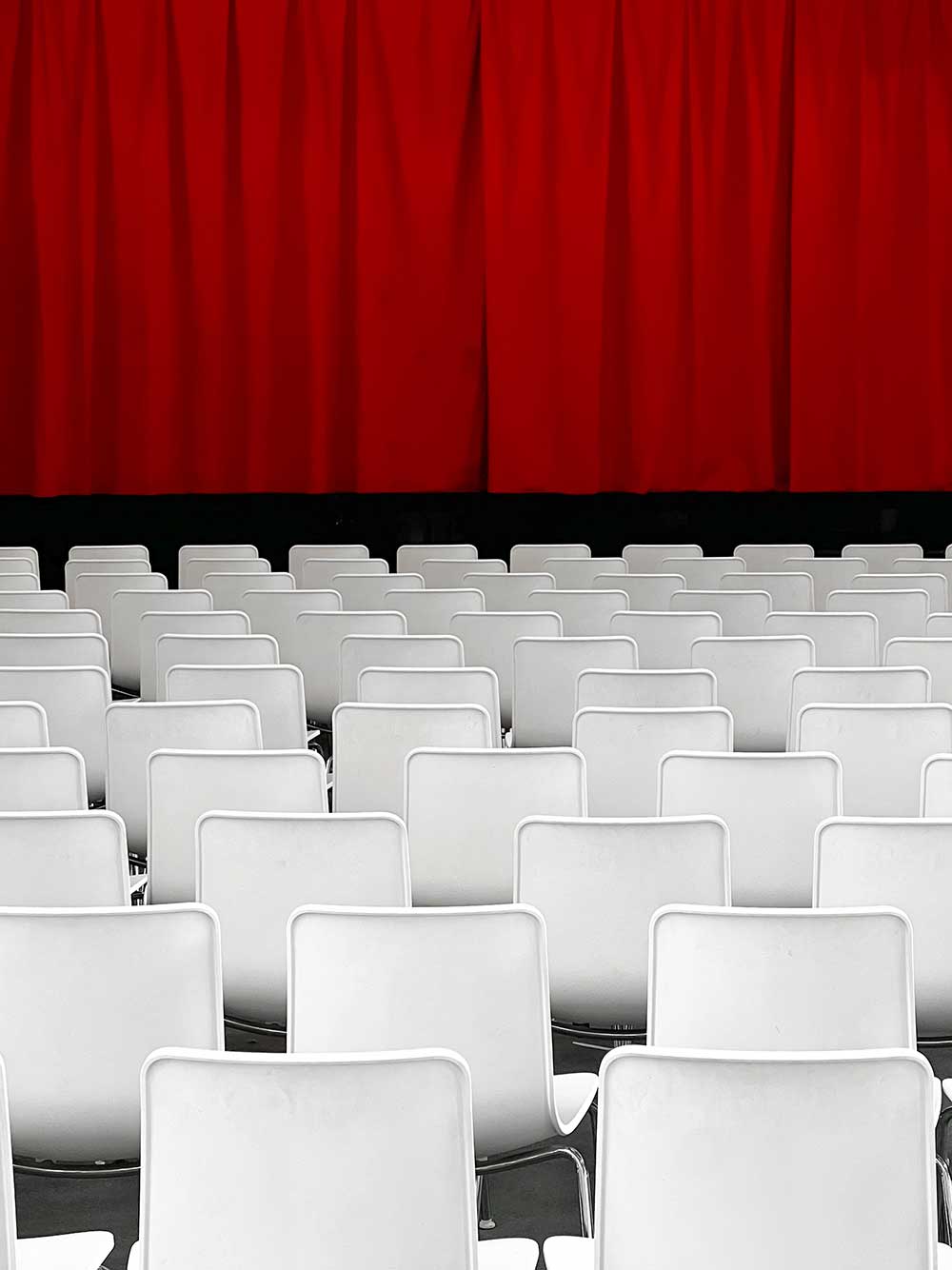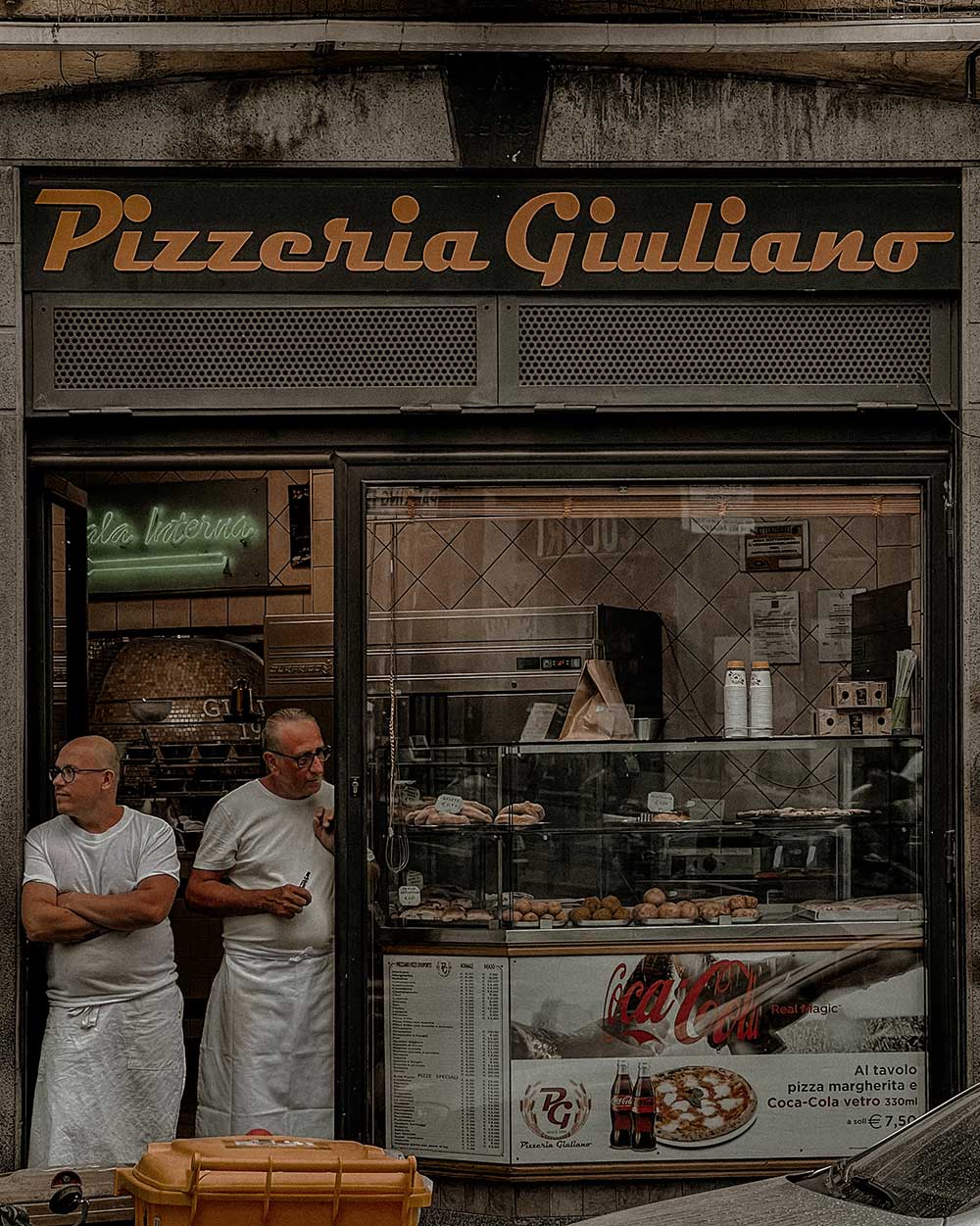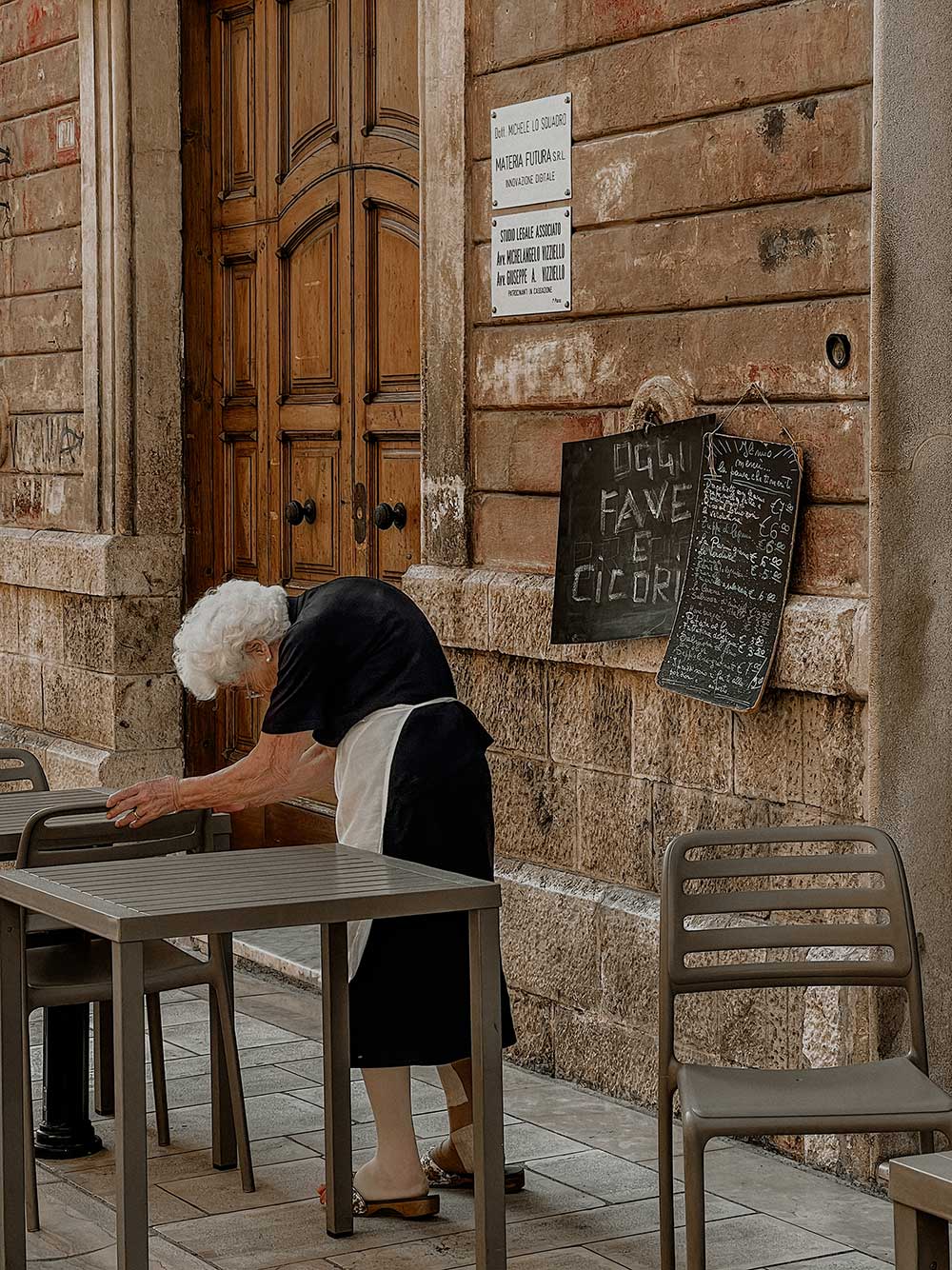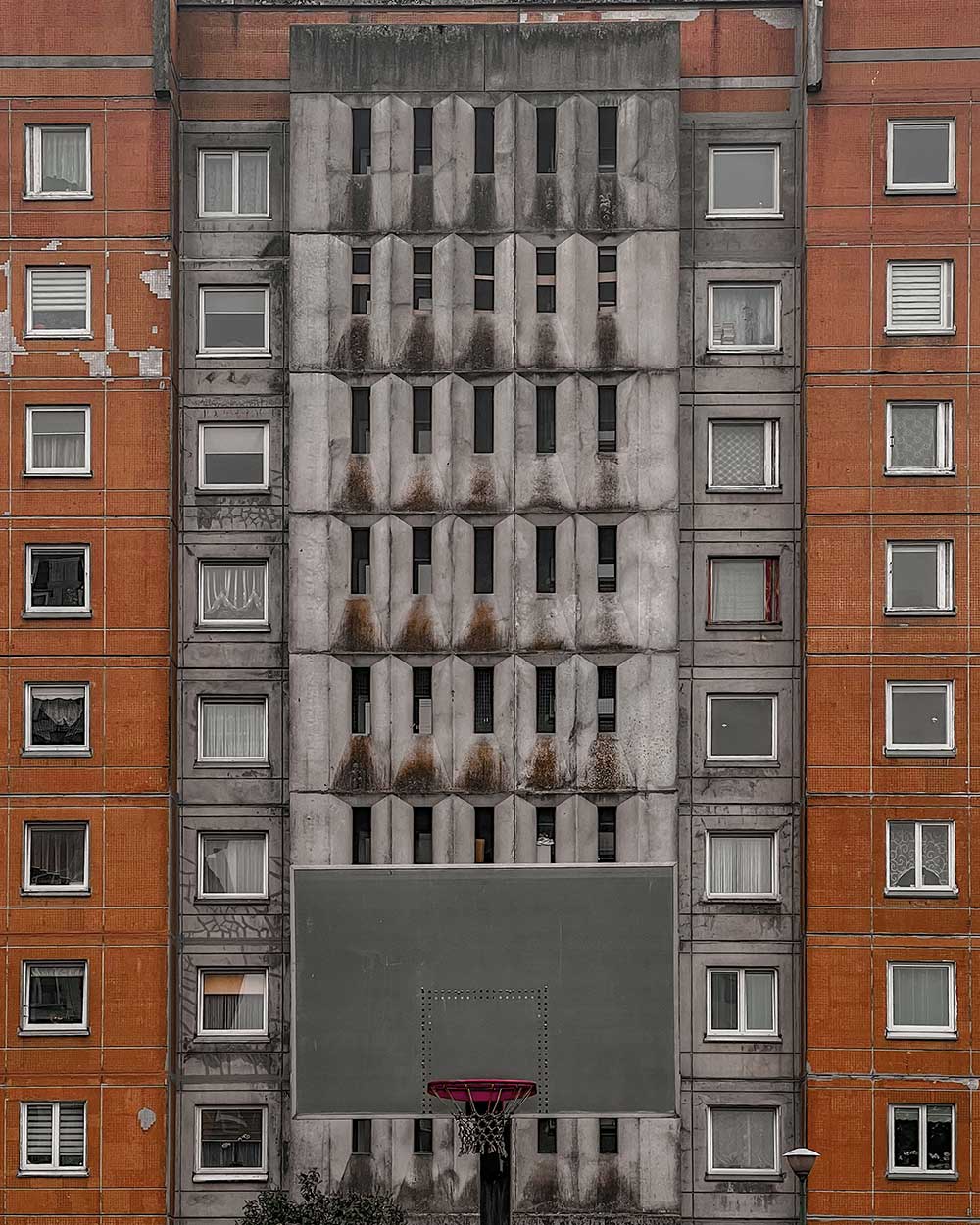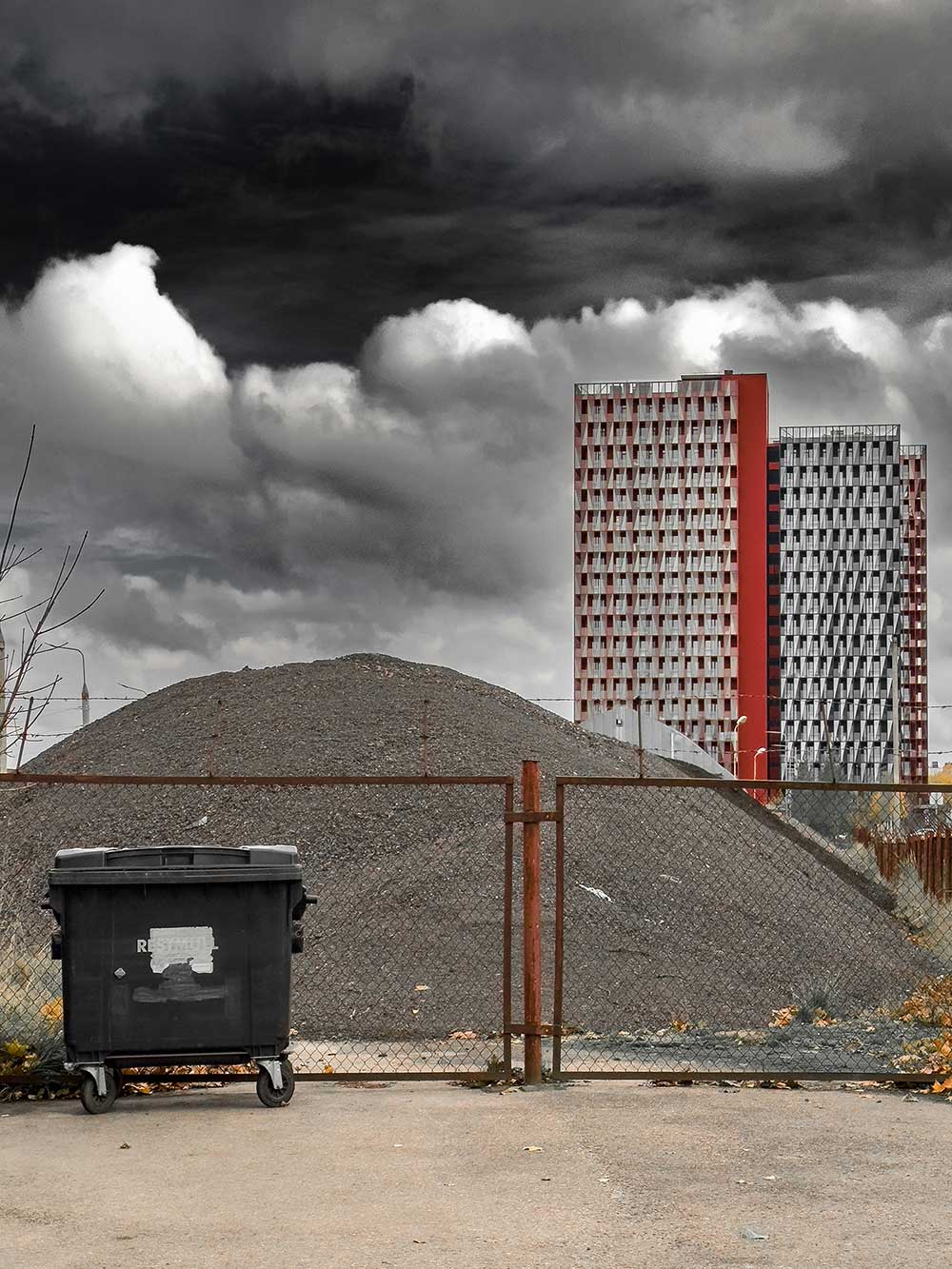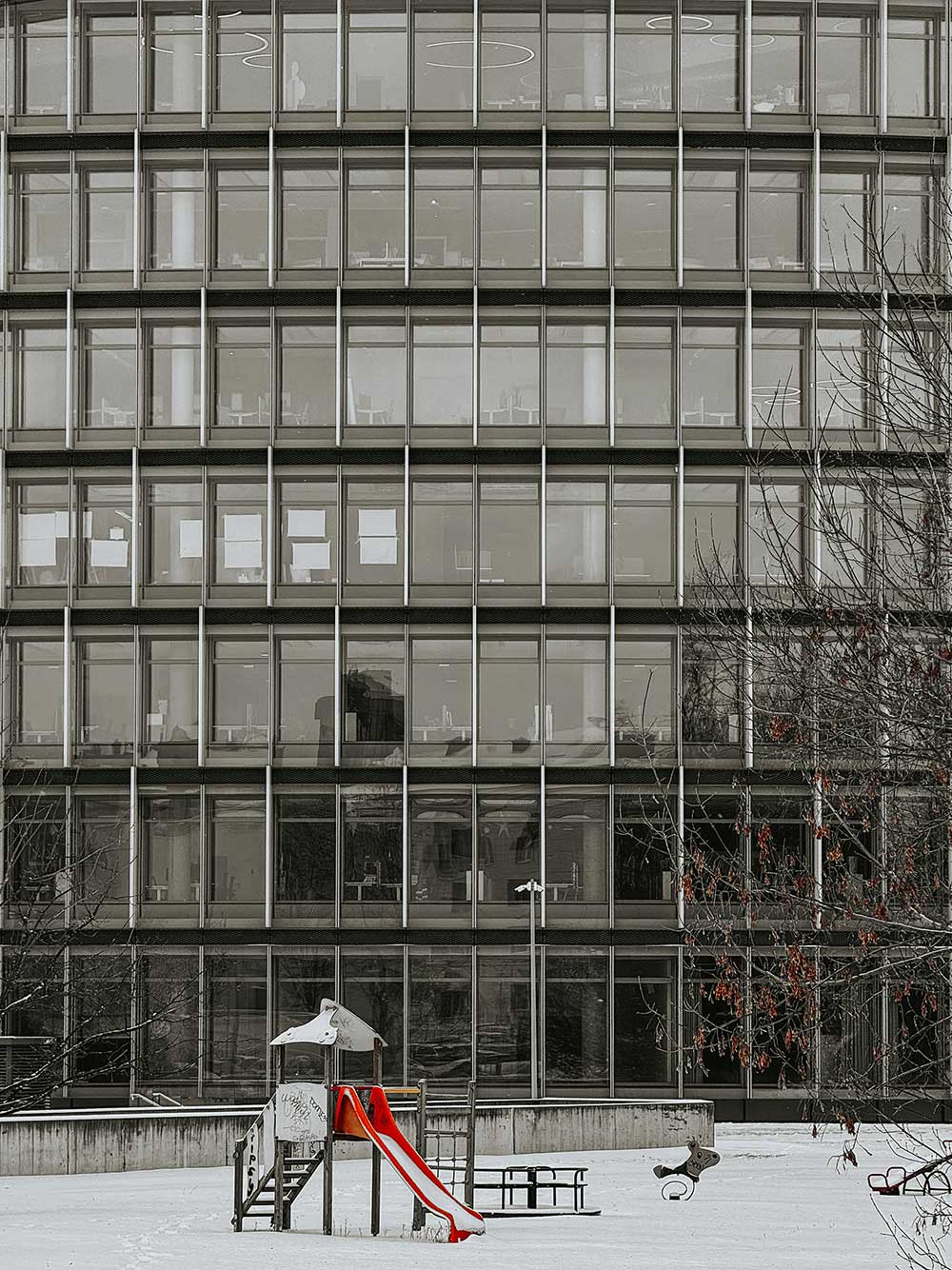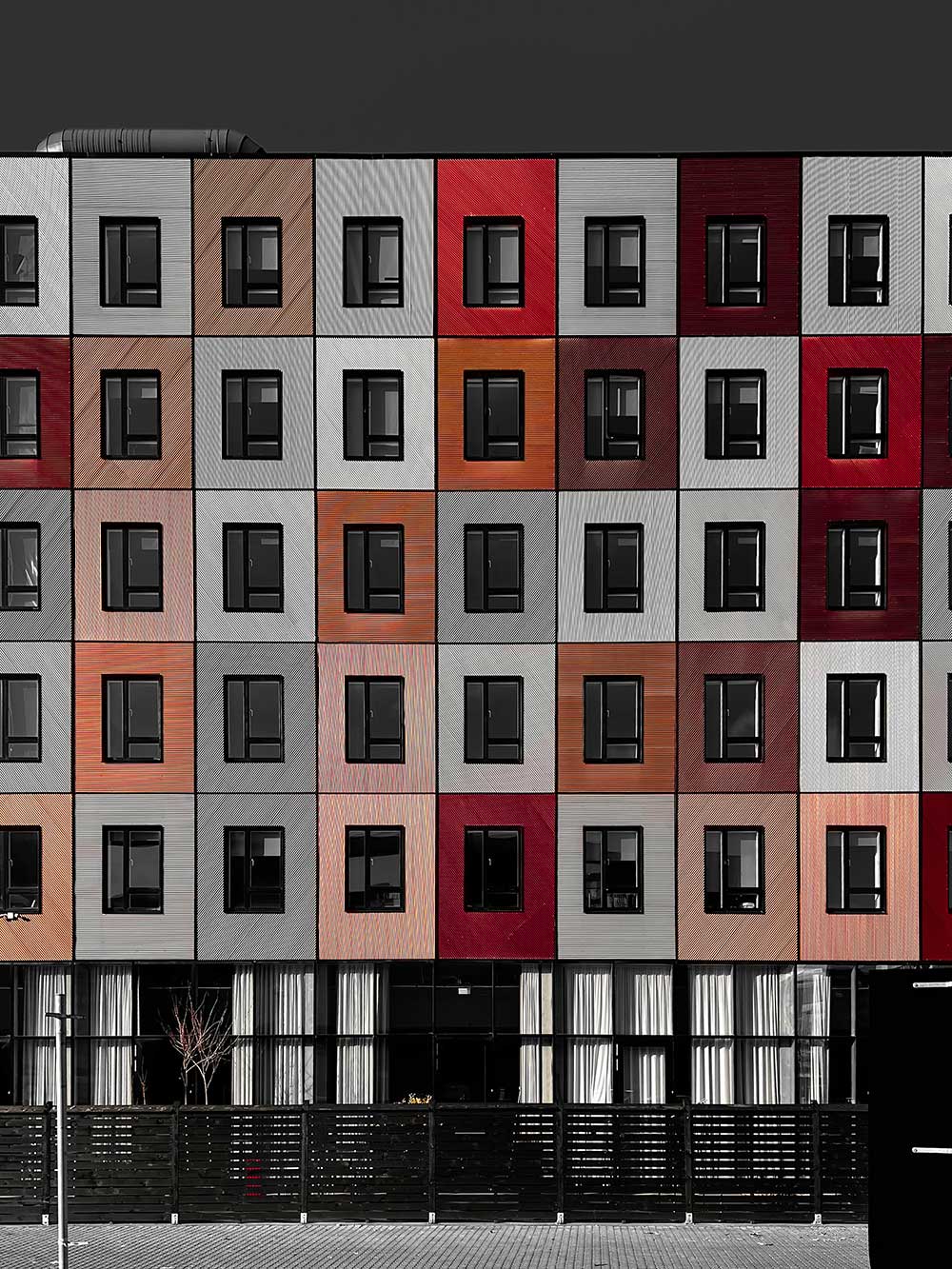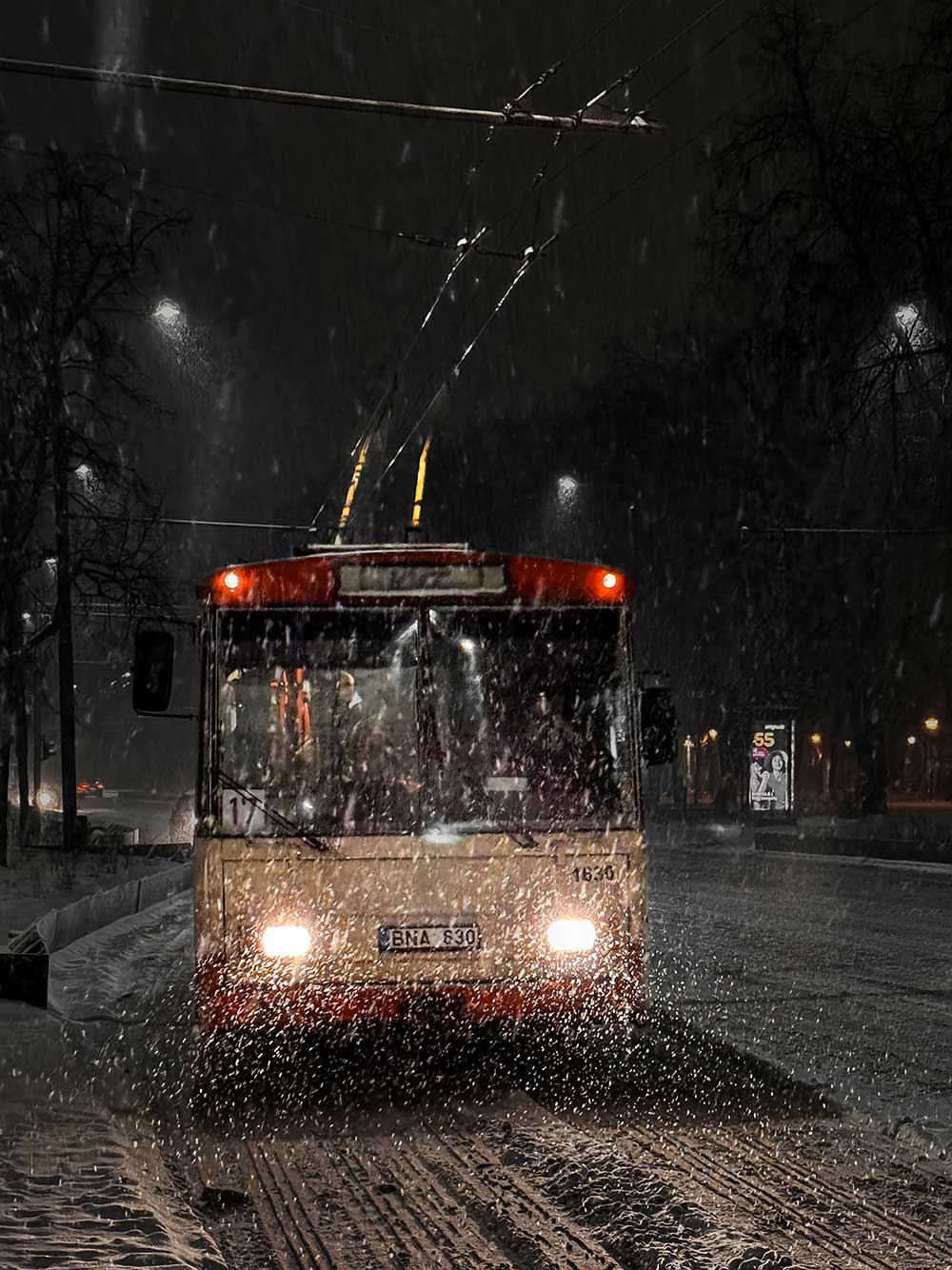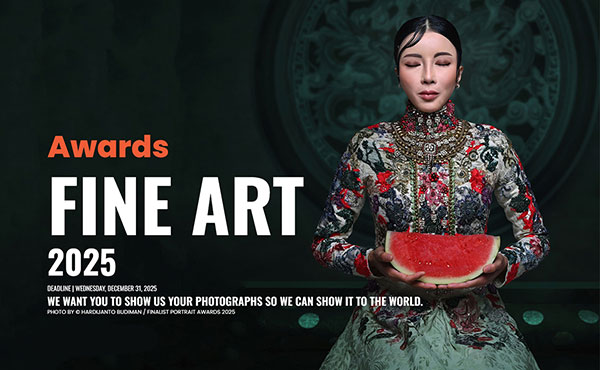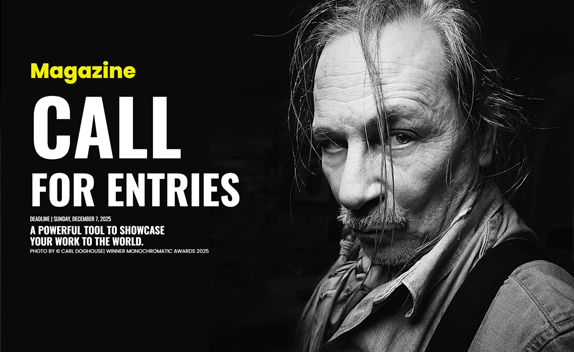Urban Tales is a photo series that delves into the complex and multifaceted experience of living in a bustling metropolitan city. Through a unique blend of architecture and street photography, the project aims to capture the inherent tension that individuals face in urban environments.
This tension is explored through various lenses, ranging from external factors such as the historical significance of buildings, controversial new constructions, and ongoing renovations that often spark debates in the media, to more internal and subjective struggles like feelings of insignificance, invisibility, or the inability to keep pace with the rapid changes in the city life.
The photographs in “Urban Tales” employ a deliberate visual language characterized by contrasting shapes, limited basic color tones, and simple yet strict compositions. By utilizing these stylistic elements, the series seeks to underscore the unavoidable emotional tension stemming from the urban challenges depicted in the images. The intentional use of stark contrasts and minimalist aesthetics serves to immerse the viewer directly into the heart of these urban narratives, prompting reflection on the complexities of city life.
Through its thought-provoking visuals and nuanced storytelling, “Urban Tales” invites viewers to contemplate the intricate interplay between urban landscapes and human experiences, offering a poignant exploration of the modern urban condition.
About Ieva Gaile
Ieva Gaile is a 27-year-old lawyer from Vilnius, Lithuania. In 2020, she obtained her Master’s degree in Law from Vilnius University and began working at an international bank, specializing in contract law. As a child, Ieva Gaile dreamed of becoming an architect. This interest in shaping space according to her taste has not vanished and now manifests in her hobby of photographing architecture. Her discipline and attention to detail, developed through her legal studies, have significantly influenced her approach to photography. She believes the strictness and precision inherent in the practice of law subconsciously manifest in her photographic work—her photos are characterized by a strict logical composition, a thoughtful relationship between lines and colors, juxtaposition of various forms and structures.
The meticulous approach ingrained in legal analysis has translated into a methodical and structured approach to capturing moments through photography for Ieva Gaile. The same attention to detail that is crucial in contract law influences how she frames and composes her photographs. The synthesis of these two seemingly disparate disciplines has enriched both aspects of her life, allowing her to find harmony between analytical rigor and creative expression.
Photography, for Ieva Gaile, embodies a visual philosophy where architecture and people become a canvas to express her perception of the world. Through a blend of architectural and street photography, she explores the symbolic depth that transcends verbal expression: the existential tension manifested through the interplay of diverse forms, colors, and eras.
Although an amateur photographer, Ieva Gaile has received positive feedback from professional photographers on social media, which encouraged her to submit her work to international contests. Recently, she was thrilled to find out that one of her images – ‘From Fascism to Fendi’ – made it to the shortlist of the European Region in the prestigious Sony World Photography Awards 2024, noting that her maiden name – Ieva Lozuraityte – was still used.
In her current project “Urban Tales”, Ieva Gaile aims to delve into the complex and multifaceted experience of living in a bustling metropolitan city. Through a unique blend of architecture and street photography, the project seeks to capture the inherent tension that individuals face in urban environments. This tension is explored through various lenses, ranging from external factors such as the historical significance of buildings, controversial new constructions, and ongoing renovations that often spark debates in the media, to more internal and subjective struggles like feelings of insignificance, invisibility, or the inability to keep pace with the rapid changes in city life.
The photographs in “Urban Tales” employ a deliberate visual language characterized by contrasting shapes, limited basic color tones, and simple yet strict compositions. By utilizing these stylistic elements, the series seeks to underscore the unavoidable emotional tension stemming from the urban challenges depicted in the images. The intentional use of stark contrasts and minimalist aesthetics serves to immerse the viewer directly into the heart of these urban narratives, prompting reflection on the complexities of city life.
Through its thought-provoking visuals and nuanced storytelling, “Urban Tales” invites viewers to contemplate the intricate interplay between urban landscapes and human experiences, offering a poignant exploration of the modern urban condition. In this project and her photography overall, Ieva Gaile strives to pause the fast-paced modern lifestyle, urging individuals to appreciate the present moment and the beauty found in both old and contemporary architecture. By inviting viewers to momentarily escape the hustle and bustle of daily life, her images invite them to notice the intricacies of their surroundings and potentially discover the charm of a slower pace. Ultimately, she seeks to halt the chaotic whirl of the world, reconnecting individuals with their non-commercial, appreciative aesthetic sensibilities.
Ieva Gaile’s objective is for viewers to perceive the flow of time through the interplay of historical and modern architectural structures, prompting them to contemplate their role within this temporal continuum. The individuals captured in her street photographs, often elderly and unhurried, embody distinct and complete city narratives, symbolizing its enduring and trustworthy nature as a bridge between the past and present. Their composed, deliberate presence, captured in her images, also prompts younger generations to contemplate the futility of rushing.


